Local
2020: A water tank at CC Block’s Post and Telegraph (P&T) quarters comes crashing on March 12. No one is hurt but residents are faced by water shortage. They claim to have been complaining about the dilapidated tank to the authorities (department of post and BSNL) for years but no repairs were carried out.
National
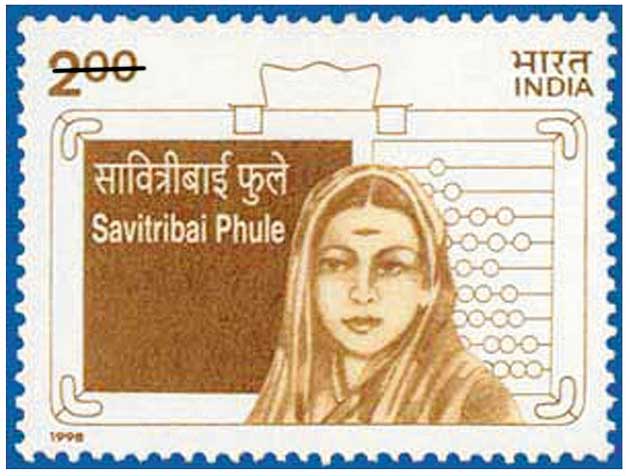
1887: Savitribai Phule, social reformer, educationalist and poet dies on March 10, while trying to save victims of bubonic plague. Although illiterate at the time of her marriage to Jyotirao Phule, Savitribai received an education thereafter and completed a teachers’ training programme. Along with her husband, she started one of India’s first schools for girls in Pune in 1848 and became one of the first female teachers in the country. At the time of her death, the couple ran 18 schools.
1946: Sailors at Bombay harbour go on strike on February 18, demanding better working conditions. The Royal Indian Navy mutiny spreads across British India, to ships at other locations, the air force, army, police and even the general masses who hold widespread riots from Karachi to Calcutta. Historians later study the episode as a struggle for freedom.
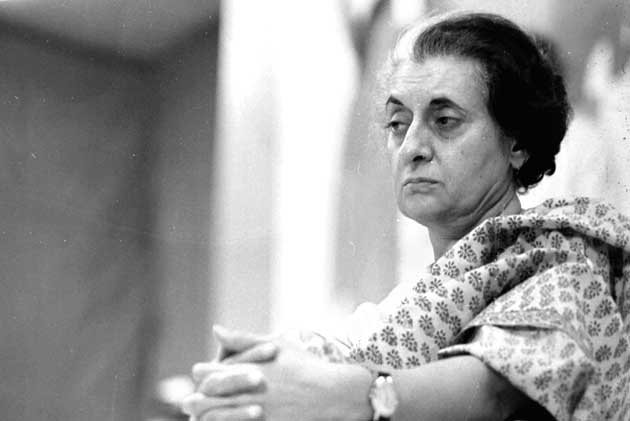
1977: The Emergency is withdrawn on March 21 after a period of 21 months. Declared by Prime Minister Indira Gandhi after she felt the state was threatened by internal disturbances, the Emergency was highly controversial, with elections suspended, civil liberties curbed and the Prime Minister bestowed the power to rule by decree.
Global
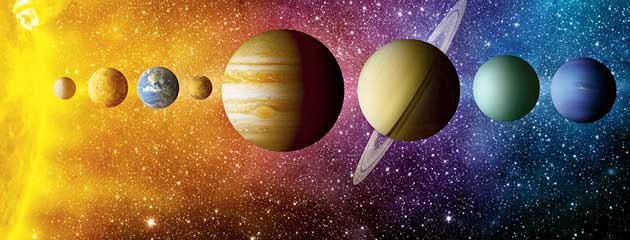
1781: Astronomer William Herschel observes from his garden in England a celestial body on March 13. He reports it as a comet but further studies reveal it to be a planet, later named Uranus after the Greek god of the sky. It is the seventh planet from the sun, has 27 satellites and orbits the sun once in 84 years.
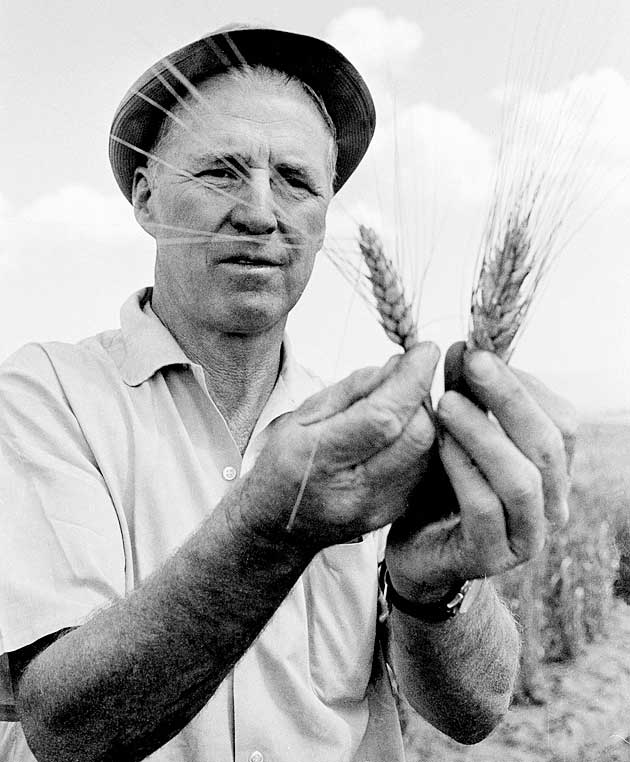
1914: Norman Borlaug is born on March 25. The American grows up to become an agronomist whose high-yield wheat varieties lead to massive increase in agricultural output in India, Pakistan and Mexico. Called the father of the Green Revolution, Borlaug’s methods are said to have saved over a billion people from starvation and he is later awarded the Nobel Peace Prize.
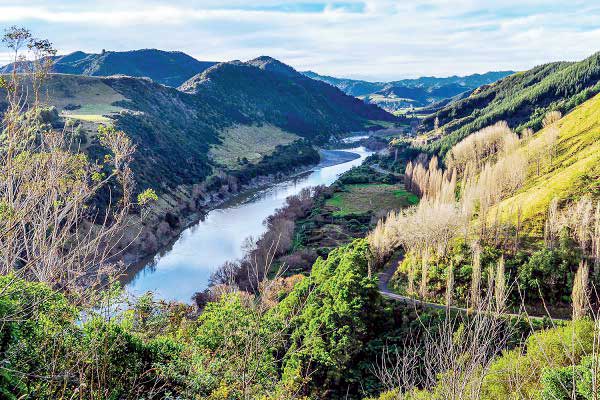
2017: Whanganui River of New Zealand is granted legal status as a person, on March 20. The river, sacred to the native Maori people, is recognised by the government as having all the rights, duties, liabilities and powers of a legal person. Environmentalists hail the move as henceforth, if anyone pollutes the water or conducts unauthorised activities in it, the river can sue them.
Sports & entertainment
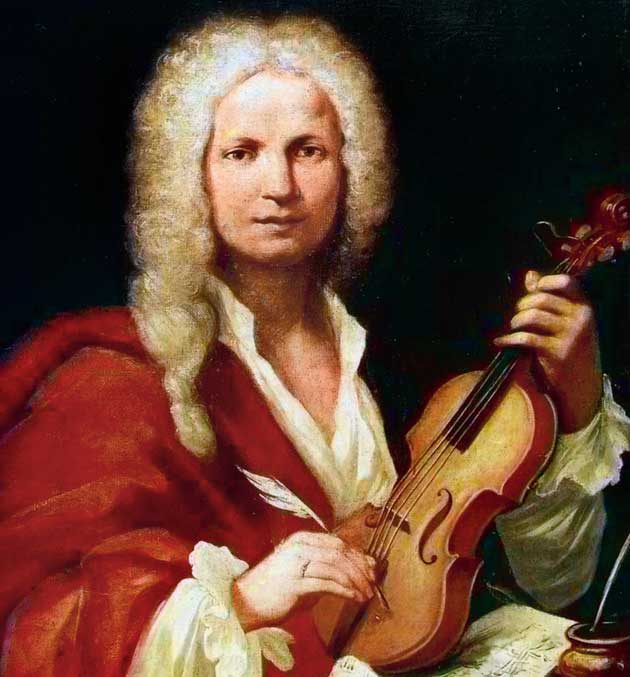
1678: Italian composer Antonio Vivaldi is born on March 4. Considered one of the greatest Baroque composers, Vivaldi creates many instrumental concertos, choral works and operas. While he dies in neglect and penury, his works are rediscovered in the 20th century and his compositions like Four Seasons, become popular around the world.
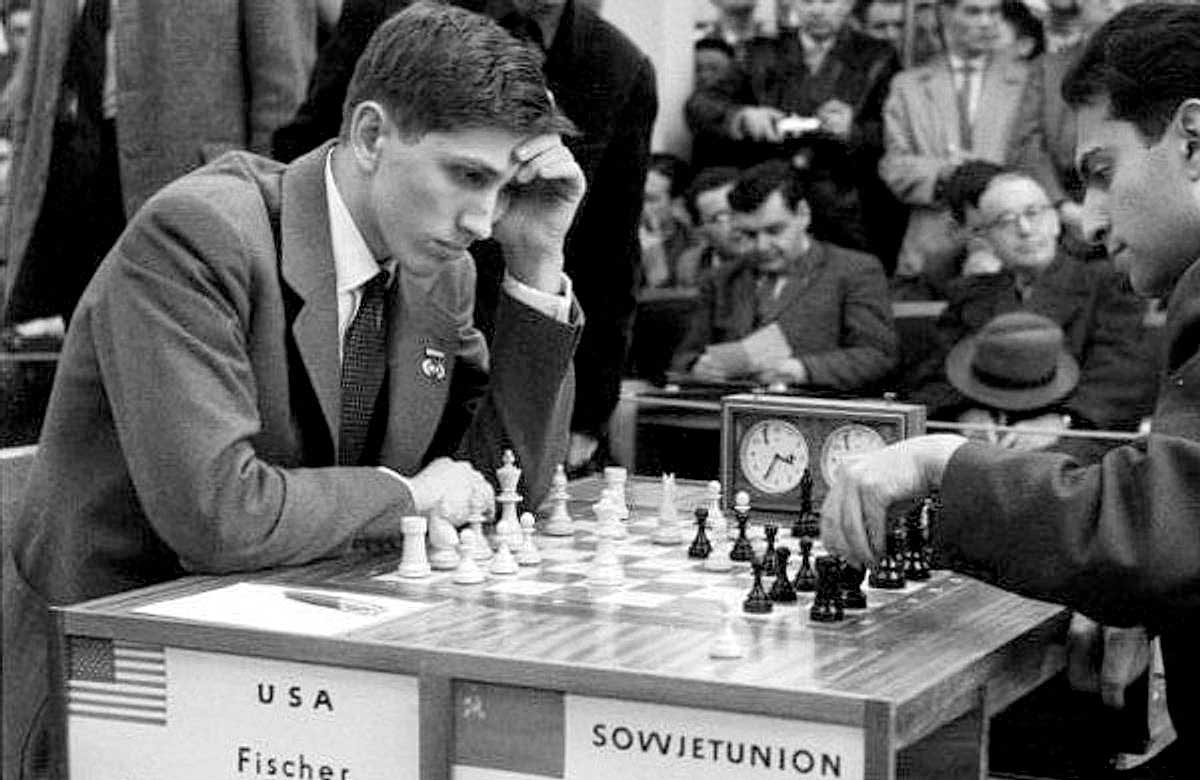
1943: Robert “Bobby” Fischer is born in Chicago on March 9. A chess prodigy, he wins a match dubbed “The Game of the Century” by experts, at the age of 13. At 14, he becomes the youngest ever American Chess Champion and at 15, the youngest Grandmaster. He wins the World Chess Championship in 1972 but soon after becomes reclusive, disappearing from the public eye for decades. He dies in 2008 but his contributions and books on the game remain priceless.
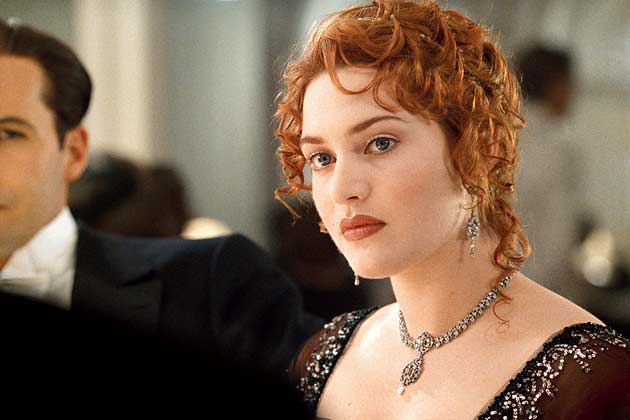
1998: Titanic becomes the first film to have two actors nominated for the Oscars for playing the same role. Kate Winslet, who plays the young Rose, is nominated for best actress and Gloria Stuart, who plays the older Rose, is nominated for Best Supporting Actress. At the March 23 ceremony, however, neither wins the award.











